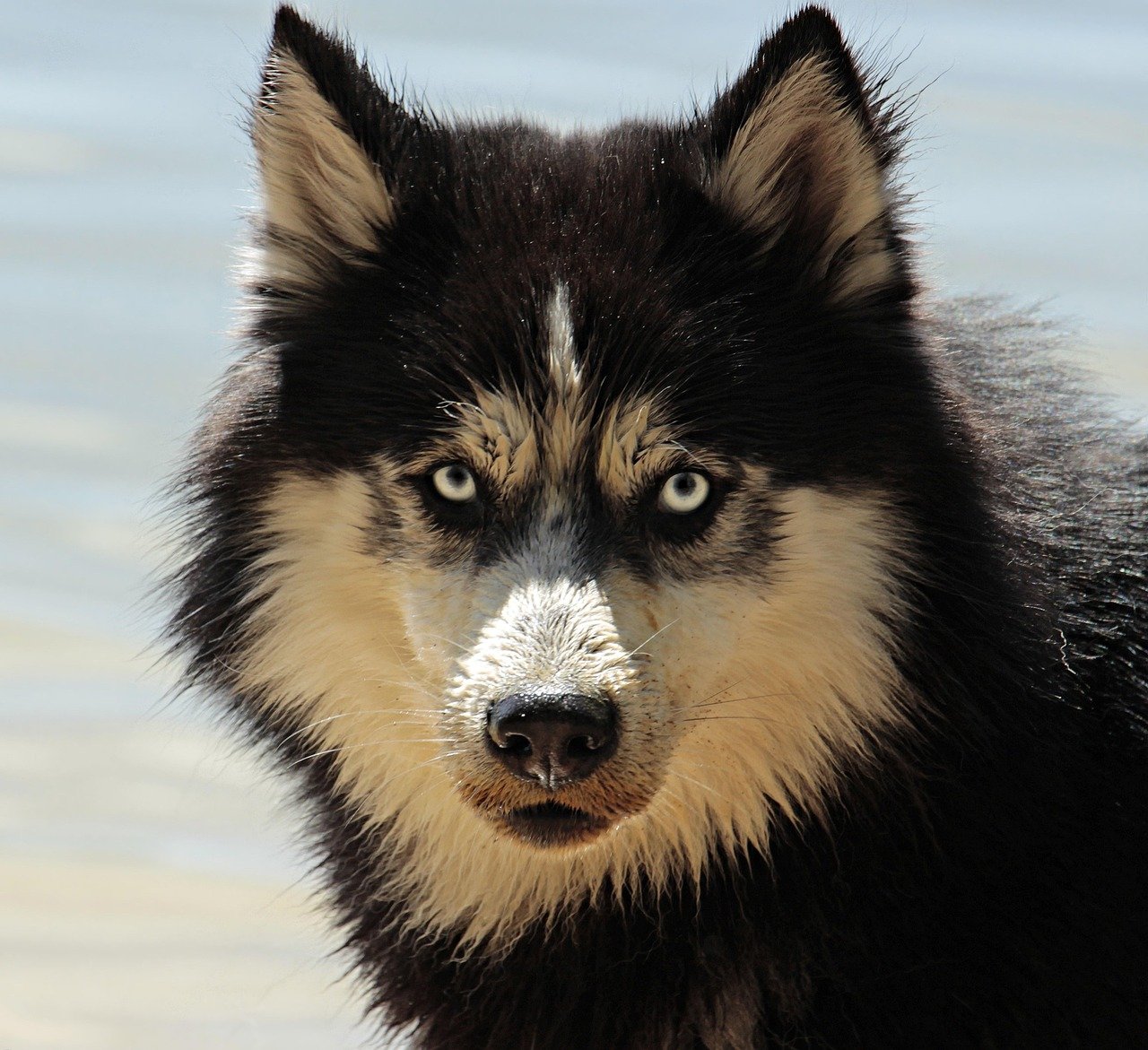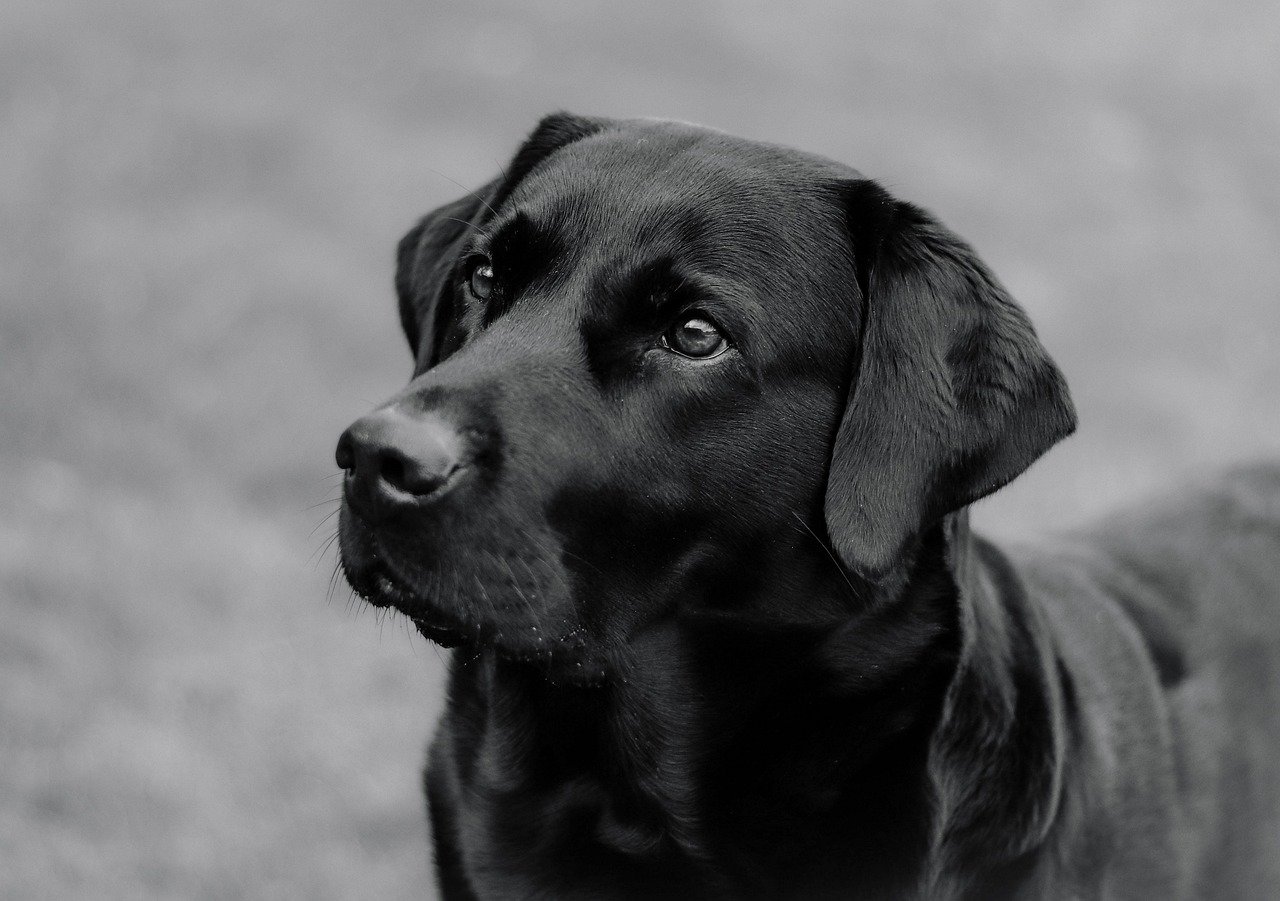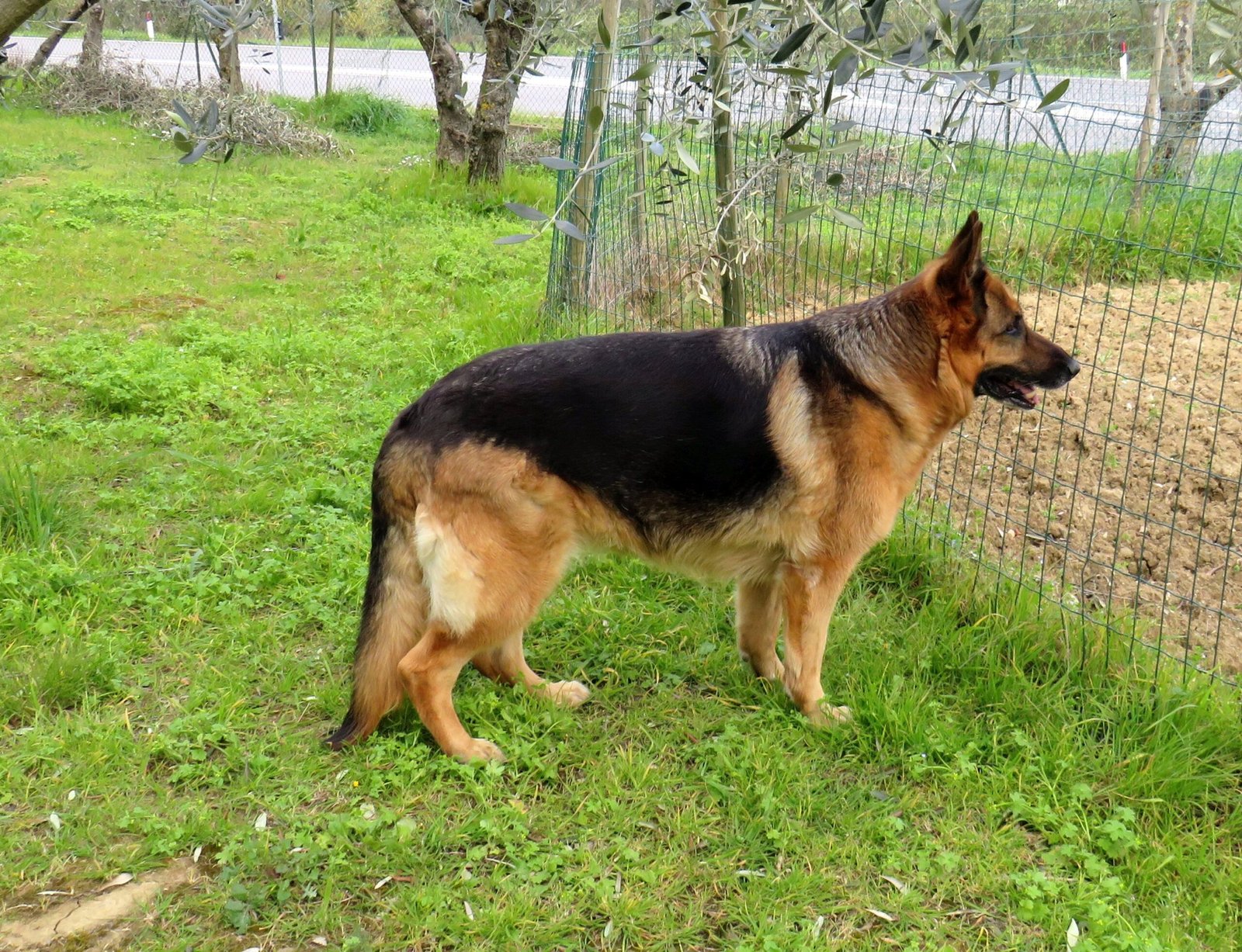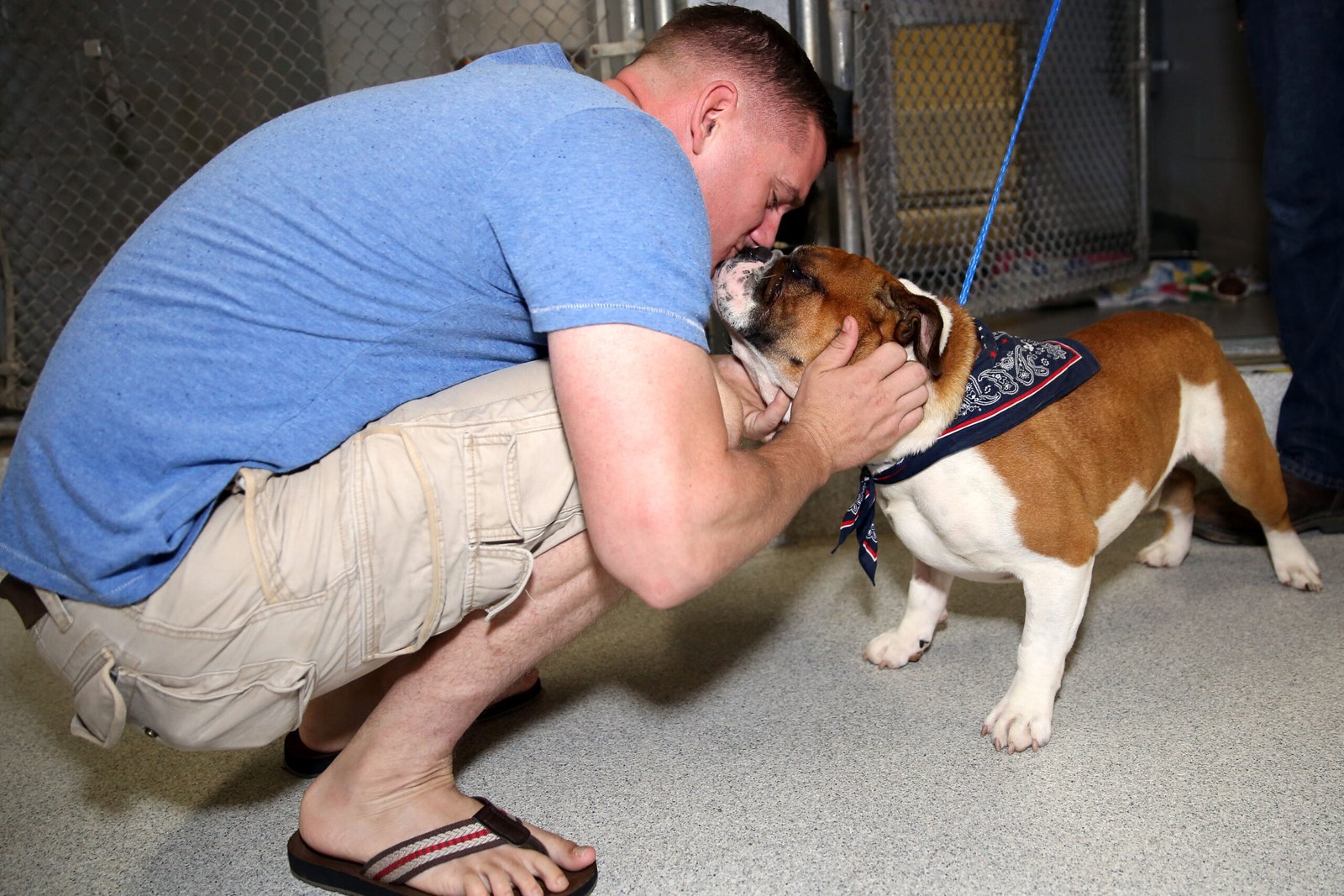How Stereotypes Shape Our First Impressions
It’s almost automatic—many of us see a particular dog breed and instantly think we know what to expect. Whether it’s assuming a Rottweiler is aggressive or a Chihuahua is yappy, breed stereotypes sneak into our thoughts without us even realizing it. These snap judgments are often based on stories we’ve heard, movies we’ve watched, or even news headlines. But these stereotypes rarely tell the whole story. In reality, each dog is an individual shaped by its unique upbringing and experiences. By relying on stereotypes, we can miss out on truly understanding our furry friends. It’s surprising how often these first impressions set the stage for how owners treat and train their dogs.
The Myth of the “Dangerous” Breeds

Few topics spark as much debate as the idea of “dangerous” dog breeds. Breeds like Pit Bulls, Dobermans, and German Shepherds are often labeled as unpredictable or inherently aggressive. This reputation is largely fueled by sensational news reports and viral social media stories. Yet, countless studies and real-life examples show that environment, training, and socialization play a far bigger role in a dog’s behavior than breed alone. Many so-called “dangerous” dogs are loving, gentle companions when given the right care and leadership. The real danger lies in how these myths can lead to fear, breed-specific bans, and even the heartbreak of family pets being surrendered or put down. Isn’t it time we questioned these labels?
Are Small Breeds Really “Yappy” or “Nervous”?
Walk into any park, and you’ll hear people joke about how small dogs are always noisy or anxious. Breeds like Chihuahuas or Dachshunds are often dismissed as “yappy” or high-strung. But this reputation is deeply unfair. Many small breeds are devoted, intelligent, and calm when properly trained. In fact, some small dogs bark more because their owners unintentionally reinforce the behavior—often by picking them up or giving treats when they bark. Small dogs are also more likely to be carried around and less likely to be socialized, which can lead to nervousness. Instead of assuming all little dogs are a handful, it’s worth remembering that size doesn’t determine personality.
Assumptions About Intelligence and Trainability

Some breeds, like Border Collies or Poodles, are always praised for their smarts, while others, such as Bulldogs or Basset Hounds, get a reputation for being slow or stubborn. These claims are often exaggerated. Intelligence in dogs isn’t just about learning tricks quickly; it’s about problem-solving, adaptability, and even emotional understanding. A dog that seems stubborn might just be independent or less motivated by treats. On the flip side, “smart” breeds can be challenging to live with because they get bored easily and need lots of mental stimulation. Stereotyping a dog’s intelligence can cause owners to underestimate—or overestimate—what their pets need to thrive.
Misunderstanding Protective Breeds

Breeds like Boxers, Akitas, and Belgian Malinois are sometimes labeled as too protective or even dangerous guardians. This perception can make potential owners nervous or lead current owners to expect aggressive behavior. In reality, a protective instinct is natural in many breeds, but it doesn’t always mean a dog is aggressive. Proper training and socialization help channel this instinct into positive behaviors, such as alerting owners to visitors. Many protective breeds are actually sweet, loyal, and gentle with their families. The key is understanding that protectiveness, when managed well, is an asset—not a liability.
The “Lazy” Label: Are Some Breeds Born Couch Potatoes?
Bulldogs, Basset Hounds, and Great Danes often get labeled as lazy or unmotivated. While it’s true that some breeds are more laid-back, calling them lazy overlooks their unique needs and personalities. These dogs can be playful, affectionate, and even energetic when they’re healthy and happy. Sometimes a so-called “lazy” dog is just bored or not getting the right kind of exercise. It’s important for owners to recognize that every dog—regardless of breed—needs mental and physical stimulation. A well-matched exercise routine can bring out the lively side of even the most relaxed pup.
The Impact of Stereotypes on Shelter Dogs

Breed stereotypes don’t just influence how we treat our pets at home—they can have life-or-death consequences for dogs in shelters. Dogs labeled as “aggressive” or “hard to train” because of their breed are often overlooked by potential adopters. This leads to longer shelter stays and, tragically, higher euthanasia rates for certain breeds. On the flip side, breeds seen as “family-friendly” may be adopted more quickly, even if their individual personality isn’t a good fit for every home. By looking past breed stereotypes, adopters can find loving, loyal companions among dogs that might have been unfairly judged.
Embracing Individuality: Why Every Dog Is Unique
At the end of the day, every dog is so much more than its breed. Factors like early socialization, training, daily environment, and personal history play a huge role in shaping a dog’s character. When owners focus on the unique qualities of their dog instead of relying on stereotypes, they build stronger, more trusting relationships. Imagine if every dog was given a chance to show its true personality, free from the weight of outdated labels. Wouldn’t the world be a kinder, happier place for our four-legged friends?